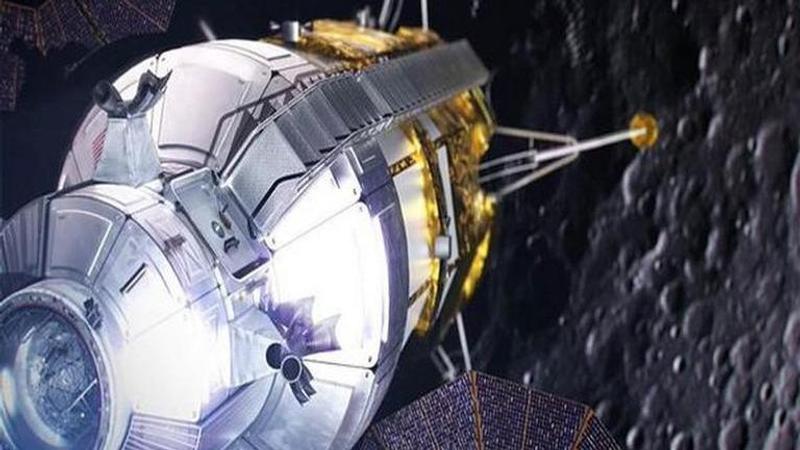Published 06:41 IST, May 2nd 2020
NASA Artemis mission: SpaceX, Blue Origin and Dynetics chosen to design HLS
The US space agency NASA has reportedly chosen SpaceX, Blue Origin and Dynetics to design and develop human landing systems (HLS) for its Artemis program.

The US space agency NASA has reportedly chosen SpaceX, Blue Origin and Dynetics to design and develop human landing systems (HLS) for its Artemis program. The three companies will be working on their designs over the next year after which NASA will select one lander to take the first woman and the next man to the lunar surface by 2024. According to media reports, the US Space agency will pay the companies $967 million over 10 months for initial design development work.
The NASA Administrator Jim Bridenstine said, “With this contract awards, America is moving forward with the final step needed to land astronauts on Moon by 2024, including the incredible moment when we will see the first woman set foot on the lunar surface. This is the first time since the Apollo era that NASA has direct funding for a human landing system, and now we have companies on contract to do the work for the Artemis program”.
The three designs
Out of the three companies, two are from prominent billionaire-led rocket companies, Elon Musk’s SpaceX and Jeff Bezos’ Blue Origin. As per reports, the three landers designed are all distinct. While Blue Origin’s lander is the Integrated Lander Vehicle (ILV), Dynetics design reportedly looks like a rabbit and the lander design calls for two large solar arrays that extend upward, along with a very low-hanging crew cabin, making it easy for astronauts to get down to the surface easily.
SpaceX, on the other hand, bid its next-generation spacecraft Starship, which the company has been developing in Boca Chica, Texas, for the last few years. According to reports, Starship is designed to land on Moon and Mars by using its main engines to lower itself down to a hard surface. Furthermore, it was reported that to get down to the surface of the Moon, an elevator would lower astronauts from the top of the landed Starship.
Bridenstine and other NASA officials are pretty confident that the space agency would be able to meet the Trump administration’s goal of landing the first woman and next man on the moon by the end of 2024. The US space agency’s commercial partners will be refining their lander concepts through the contract base period ending February 2021.
NASA is also expected to evaluate which of the contractors will perform the initial demonstration mission; the agency will then select firms for development and maturation of sustainable lander systems followed by sustainable demonstrations mission. As per reports, NASA intends to procure transportation to the lunar surface as commercial space transportation service after these demonstrations are complete.
(Inputs/Image: ANI)
Updated 06:41 IST, May 2nd 2020



